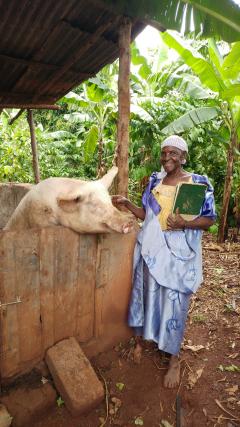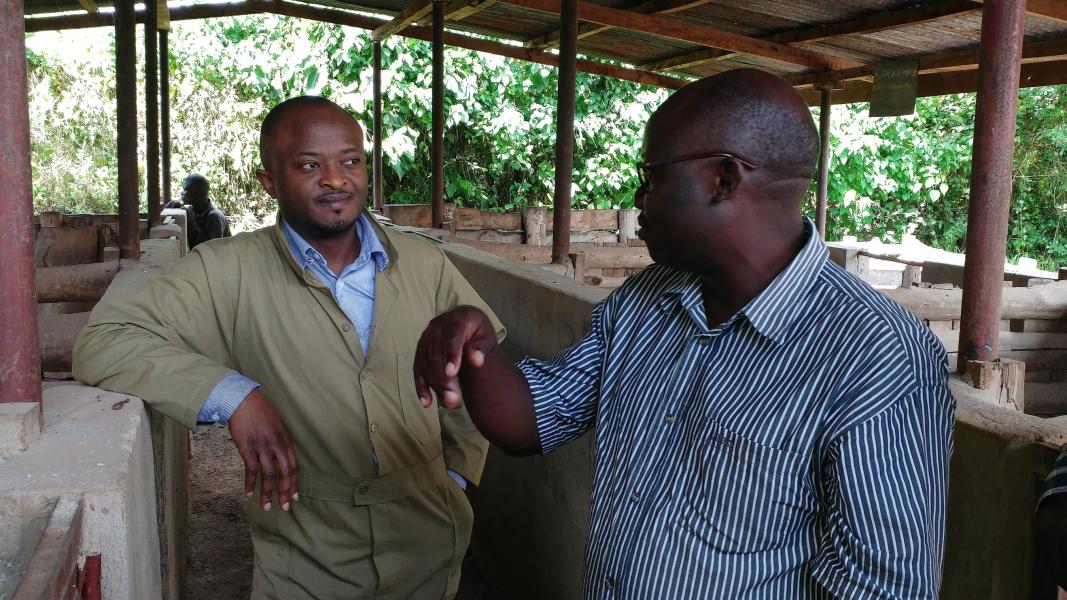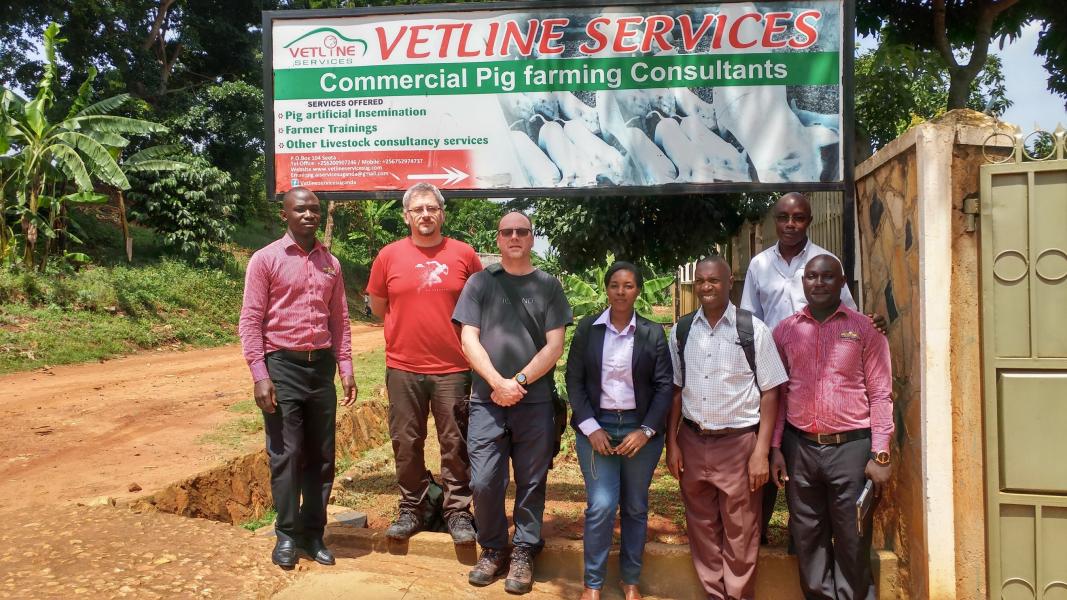Farm data capture tool will benefit Ugandan pig farmers
PigBoost tool will enable sustainable data-driven decisions to improve Uganda’s pig production, health, and welfare.

A new initiative aims to increase the productivity and profitability of pig smallholders in Uganda.
The PigBoost tool will help improve decision making of farmers and thus performance and efficacy in managing their herds both for improved genetic merit and reduced disease impacts.
Data collection
PigBoost will be developed from the existing Dtreo data platform, developed by AbacusBio. Breeding records and delivery of artificial insemination services by Ugandan company Vetline will be digitized allowing accurate recording of breeding, production and disease data.
Data will then be used to benchmark individual farm performance and provide feedback to farmers.
Collaborative development
The PigBoost collaboration will connect stakeholders and seek to ensure the pig industry returns value to farmers and appeals to future investors.
In the first phase, the Roslin Institute and AbacusBio in the United Kingdom are partnering with Ugandan-based organisations Vetline Services and Makerere University, funded by a £500,000 grant from the UK Government’s Global Challenges Research Fund.
To ensure that the pig industry can use the tool to improve productivity, scientists will use existing networks of Vetline Services, who currently support artificial insemination activities in Uganda.
This will be done with support from Kampala City Council, the Ugandan Ministry of Agriculture, the National Animal Genetic Resource Centre and the National Agricultural Advisory.
Positive social impact
We hope to digitally transform Uganda’s pig industry by providing a data-driven decision-making tool designed to improve pig breeding. By focusing on peri-urban areas and exploring sustainable intensification of pig production, PigBoost has the potential to have a positive social impact on the wider Ugandan society.
Pig farming is one of the fastest growing livestock activities in Uganda and has become a very attractive means of increasing food, income and employment.
Despite poor levels of productivity and product quality, there has been a rise in pork consumption driven by population growth, urbanisation and increasing incomes.
The industry is striving towards a step change in the productivity of agricultural production systems to meet this demand in a sustainable way.
**The Roslin Institute receives strategic investment funding from the Biotechnology and Biological Sciences Research Council and it is part of the University of Edinburgh’s Royal (Dick) School of Veterinary Studies. **
 `
`  `
` 

Related links
Social network insights could aid pig welfare


